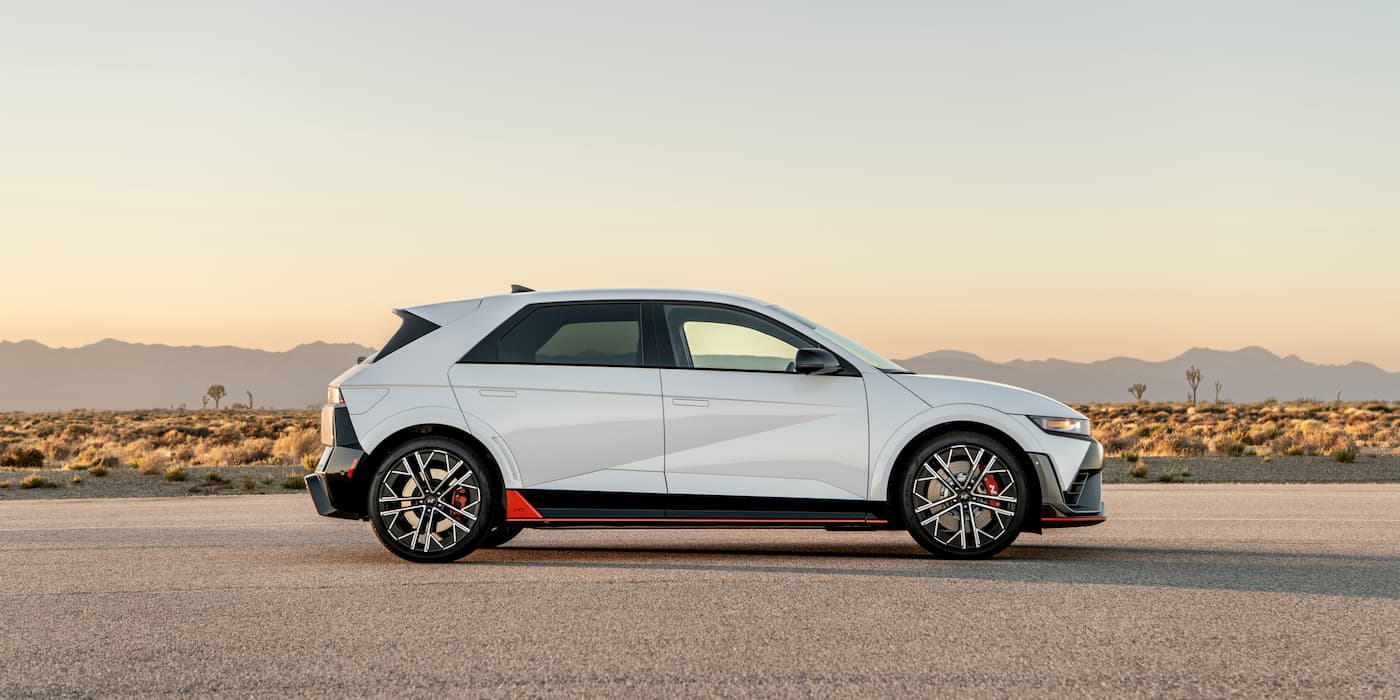The electric vehicle market is experiencing an unprecedented convergence of incentives and pressures, creating a narrow window of opportunity for savvy consumers. With significant policy changes looming and automakers pushing aggressive end-of-month promotions, there has never been a better time to transition to electric mobility.
Key Highlights
- Immediate Deadline: Federal tax credit eligibility changes expected after September 30th
- Tariff Impact: 25% import tariff already affecting EV pricing structure
- Limited Availability: Three major August price reductions identified by industry analysts
- Time Sensitivity: Most deals expected to expire following Labor Day weekend
The Perfect Storm for EV Incentives
Automakers are currently facing a unique combination of regulatory pressures and market conditions that have created exceptional opportunities for consumers. The implementation of a 25% tariff on imported electric vehicles has already begun reshaping the market landscape, making domestically produced models increasingly competitive. Meanwhile, the impending changes to federal tax credit qualifications scheduled for October 1st have manufacturers scrambling to move inventory before these valuable incentives potentially disappear or diminish significantly.
Understanding the Tax Credit Timeline
The federal electric vehicle tax credit, which can provide up to $7,500 in savings for qualified buyers, faces potential restructuring that may eliminate or reduce benefits for certain models and manufacturers. This program has been a significant driver of EV adoption across the United States, and its modification could substantially impact affordability for many consumers. Industry analysts suggest that vehicles purchased and delivered before October 1st will likely grandfather in under current regulations, creating urgent pressure for both dealers and buyers.
Notable August Price Reductions
According to market intelligence from CarsDirect, three particularly attractive deals have emerged in the current market environment. While specific models and pricing vary by region and dealership, these represent some of the most competitive offers seen this year. The combination of manufacturer incentives, dealer discounts, and remaining tax credit availability creates savings opportunities that may not reappear once market conditions stabilize.
Lease Versus Purchase Considerations
Consumers should carefully evaluate whether leasing or purchasing better suits their financial situation and driving needs. Leasing often allows manufacturers to pass through the full tax credit benefit directly to consumers through reduced monthly payments, while purchasing requires individuals to qualify for the credit through their tax liability. Current lease deals frequently include additional incentives such as reduced money factors, waived acquisition fees, and complimentary charging packages.
| Consideration | Leasing | Purchasing |
|---|---|---|
| Tax Credit Benefit | Immediate reduction in payments | Credit applied at tax filing |
| Long-term Cost | Higher over 5+ years | Lower overall ownership cost |
| Technology Risk | Low (return after lease term) | High (rapid EV advancement) |
| Mileage Flexibility | Restricted by agreement | Unlimited usage |
Strategic Buying Recommendations
Prospective EV buyers should act with urgency but not without preparation. Begin by verifying eligibility for both the federal tax credit and any state-level incentives, as these can stack for additional savings. Contact multiple dealerships to compare available inventory and negotiate from a position of knowledge. Importantly, ensure that delivery can be completed before the September 30th deadline to secure current tax credit benefits.
Beyond the Price Tag: Total Cost of Ownership
While current deals focus attention on purchase price, smart consumers should calculate total cost of ownership including insurance rates, maintenance requirements, and charging infrastructure needs. Electric vehicles typically offer lower operating costs than combustion engines, but these savings vary by model, driving habits, and local electricity rates. Many dealerships are now offering complimentary home charger installation or public charging credits as additional incentives.
The current EV market presents a rare convergence of favorable conditions that may not last beyond the coming weeks. For consumers who have been considering the switch to electric transportation, this period represents what could be the most advantageous buying environment of the year. With significant policy changes imminent and manufacturers motivated to clear inventory, those who act quickly could secure exceptional value while accelerating their transition to sustainable mobility.


